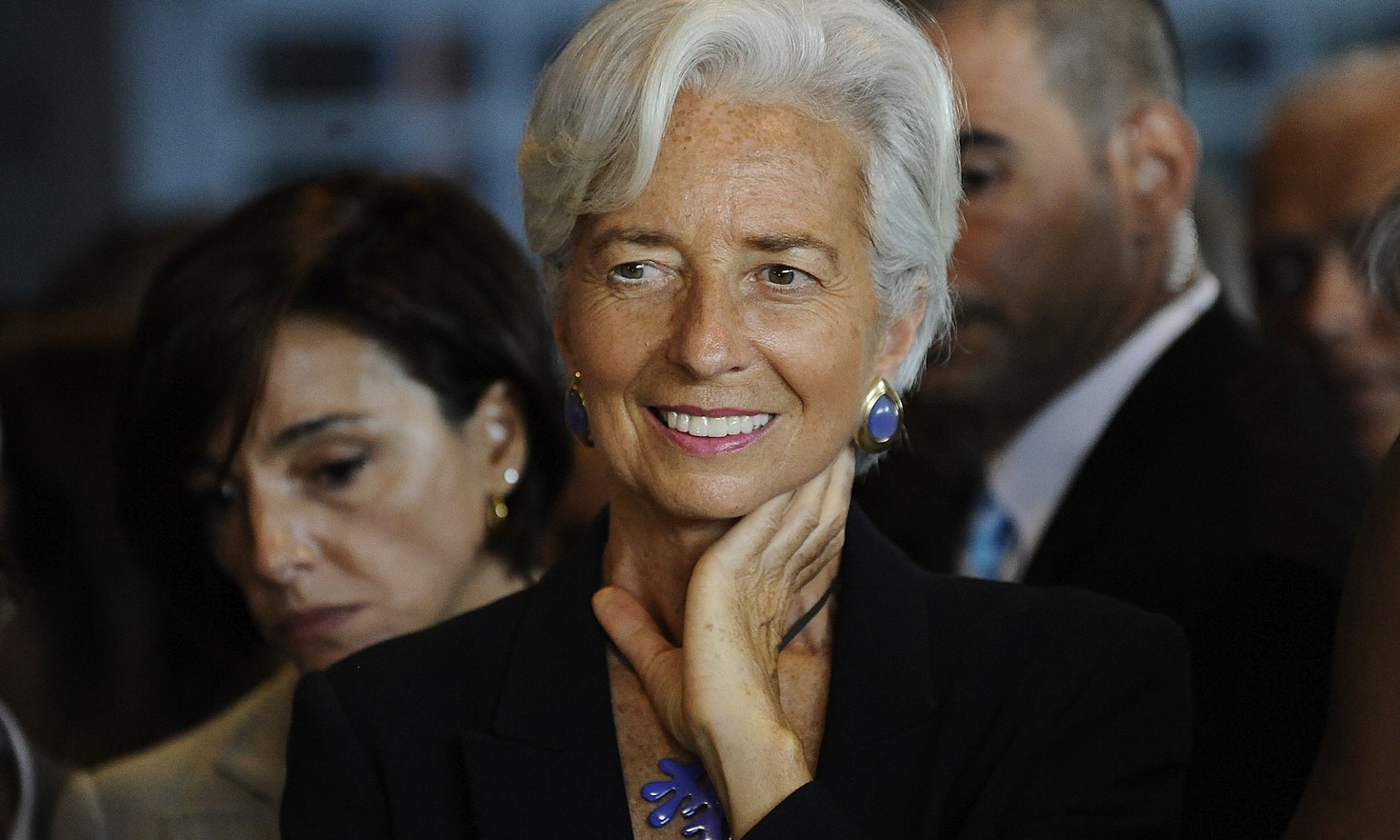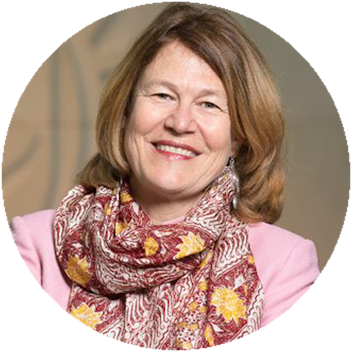All the best, Mme Lagarde!

Everything has been said and written about Christine Lagarde – from her success as the first woman to lead the IMF to the doubts many observers have expressed about her lack of experience with macroeconomics or monetary policy. Her assured walk as she entered the European Central Bank for her first day of work as President reminded me of her first few days at the IMF in 2011, when her calm, elegant and steadfast presence helped the institution overcome a management scandal and handle, with renewed authority, the Great Financial Recession. I don’t know if she will ever earn the nickname “super” like Mario Draghi, her incomparable predecessor. What I know, from direct experience, is that working for her is extremely challenging: she demands a lot from her staff, especially accuracy and unwavering attention; hers never diminishes, even after long intercontinental flights. I have seen leaders doze off at negotiating tables. Mme Lagarde, never, not even a yawn. Having seen her in action for seven years at the Fund, I am convinced that her steadfast determination, formidable diplomatic and communication skills are what the ECB needs right now, and that they will serve Europe in a decisive and not formal way.
Monetary policy has done a lot, probably all it could, to help the European economy; for this, we should forever be grateful to Draghi. Now, a decisive contribution from member states is needed to restart growth. And this is especially true for Germany.
The path for ECB policies has been set by Draghi for the coming months; he also repeatedly called on governments to do their part. Lagarde has now a window of opportunity to weave her diplomatic net so as to potentially set the stage for a change of course. Her qualities are not just a façade: they reveal an undeniable ability to put herself in the shoes of her interlocutors and a genuine desire to find common solutions. IMF officials, brilliant economists, were always a little tempted to explain to finance ministers what they must do. Lagarde would often challenge them: “Well, easy for you to say, but how can we help the minister to find consensus for these measures? How realistic are our proposals? What reactions will they generate int he country?” In an ECB Board deeply divided by Draghi’s latest decisions, these qualities can be fundamental to create a consensus on the next steps.
Lagarde has already begun her German charm offensive, telling the Spiegel that she began studying the language of Goethe so that she could “perhaps someday explain in German what negative interest rates are.” She also bought a cookbook of Frankfurt recipes! What greater honour can be paid to a German audience by a Frenchwoman?
After all, Lagarde has always had an excellent relationship with German leaders, from a hawk like former Finance Minister Wolfgang Schäuble to Chancellor Angela Merkel – and this despite the very explicit calls by the IMF asking Germany to spend and invest much more than what they have been doing recently. Now, amid the usual anti-ECB criticism, some important German voices are rising to say that it is time to listen to these reminders and review the effects of the balanced budget policy (the Schwarze Null). The head of German industry federation BDI, Dieter Kempf, demands more investment. The architect of the “constitutional brake” on debt, Christian Kastrop, believes that it is time to change it in order to spend on infrastructure, new technologies, and to fight climate change. And according to Bloomberg, the chief economist of the finance ministry, Jakob von Weizsäcker, has started a slow but inevitable Copernican revolution against the Schwarze Null.
Another sign of the times is the recent appointment by Berlin to the ECB Board of Isabel Schnabel – a highly respected economist, far from the Bundesbank orthodoxy to which all German representatives of the Board had previously referred (three of whom left the post for protest against Draghi). Excellent communicator, Schnabel did not hesitate to go on Twitter to criticize the attacks of German politicians and newspapers on the ECB, even when she herself was (constructively) critical. Schnabel and Lagarde could form a pragmatic duo ready to seize the signs of change in Germany, which in turn could help the ECB transition to the normalisation of monetary policy.
Lagarde’s other huge advantage is her mastery as a communicator – direct, simple, but never trivial – in public and in media interviews. At ease with both economic journalists and on American talk shows, in Davos as well as among NGOs in the southern hemisphere, she recently told the European Parliament that “financial analysts already know everything, my priority will be to talk to European citizens,” explaining, for example, the trade-off between costs and benefits of policies that often have effects only in the long term.
I don’t think that any central bank has ever had a leader with such a high potential to communicate and connect with a wide audience — I hope that she will be allowed to use it often and widely, and we will see the results. What is certain is that, in our hyperconnected world, this fundamental task that Lagarde seems willing to assume will certainly not be irrelevant.
Will all this be enough to revive the eurozone? No. The ECB will need adequate monetary policies to face the challenges ahead. Governments will have to respond and get involved much more than they have done so far. The von der Leyen Commission will have to put on the agenda the discussion about a common fiscal policy. But the European scene today has an extra asset. Lagarde, very French and very European, has spent the last seven years looking at the world not from Brussels, Paris or Frankfurt, but from a global perspective, closely observing, for instance, China’s radical transformation from an economic power to an assertive global actor. In a Europe obsessed with its internal issues —from the euro crisis to Brexit — Lagarde will not lose sight of the categorical imperative that only a strong and united Europe can face global challenges – from financial crises to climate change. Rolling up our sleeves, without distractions or yawns.
 | Simonetta Nardin is a freelance journalist who has recently settled back in Bolzano (South Tyrol) after working for 20 years in communications for the International Monetary Fund (IMF) in Washington, D.C., where her last assignment was Chief of Media Relations. She returned to her Heimat to spend more time hiking the magnificent Dolomites. And one day, she will! |
Citation
This content is licensed under a Creative Commons Attribution 4.0 International license except for third-party materials or where otherwise noted.

What effects does a participatory process have on the citizens? The case of the first Euregio citizens’ council
 Nicole Zambanini
Nicole Zambanini
Do “first times” really matter? Refreshing the main contents of the 2021-22 Chilean constitutional process and draft
 Sofia Ricci
Sofia Ricci
The EU Artificial Intelligence Act – An Intelligent Piece of Legislation?
 Christoph Müller
Christoph Müller
